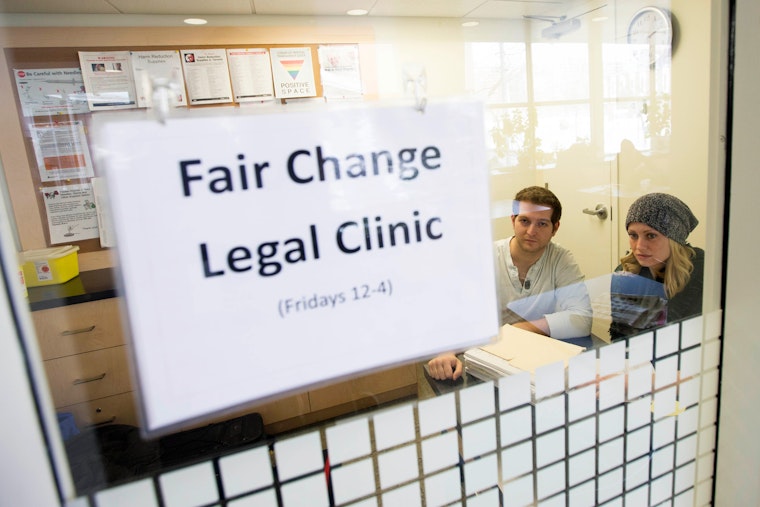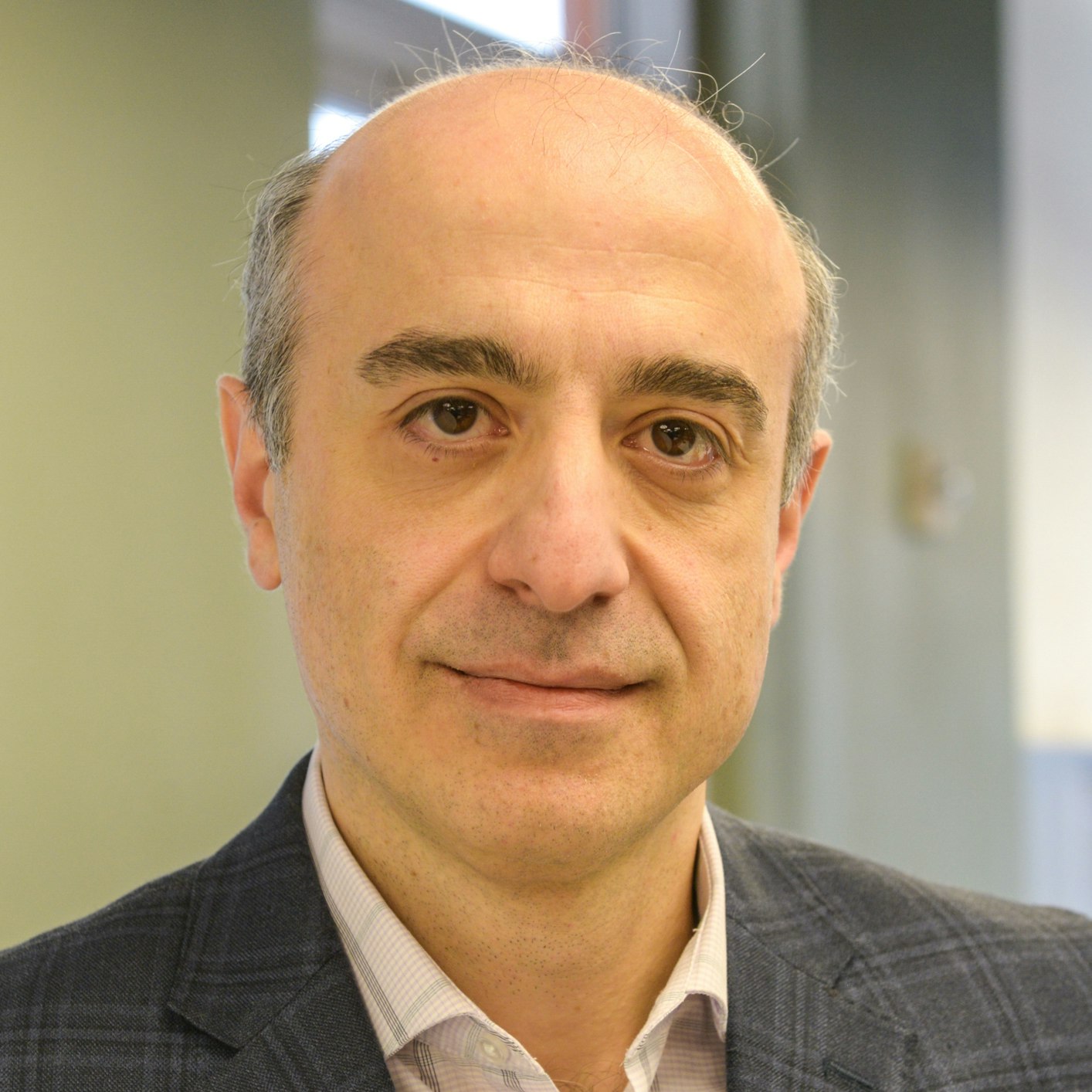Scaling Up on Legal Empowerment
By Zaza Namoradze

On the second Tuesday of every month, in a store-front office in the small town of Bancroft, Canada, two lawyers sit down to do business. Maybe a client has had an argument with a landlord, or a dispute with an employer; perhaps someone has been denied claiming social assistance, or is dealing with tax troubles, or facing discrimination at work. Whatever the problem, the advice is all free, whether given out in person, or over a phone help line; in this small, economically depressed town, most of the clients could not otherwise afford to talk to a legal specialist.
The weekly legal advice clinic is operated by the Community Advocacy and Legal Center, a nonprofit community legal clinic that has been working in this area of Ontario for over 30 years. It is part of a province-wide network of Community Legal Clinics (CLCs) which is a shining example of the provision of legal access—making sure people are not left without the benefits of legal protection just because they can’t afford a lawyer. Ontario's well-developed legal services culture has also led to the development of clinics that serve specific populations: the Fair Change clinic in Toronto, for example, focuses on helping homeless people avoid fines for minor street offences.
Such primary legal advice not only benefits low-income clients: it can reduce costs for the justice system as a whole by resolving issues that might otherwise have ended up in more costly litigation before a court. The clinics also seek to go beyond any specific problem, by educating low income clients more broadly about their rights, and engaging in law reform and community development. Ultimately, this effort to step beyond the narrow, traditional lawyer–client model aims at change that affects the entire low income community.
Not everyone can live in Ontario—or in the mostly developed countries few of which offer a system of primary legal advice for low income citizens. Yet the UN estimates that up to four billion people globally live outside fair and functioning justice systems. Even when there is a functioning national court system, for most many people getting legal assistance for using law to find solutions to civil and administrative justice problems, to protect and advance their interests is an impossibility.
A lack of access to justice disproportionately affects the poor: without the ability to protect their assets, livelihood opportunities are curtailed as investment is too risky; when people do not feel physically safe it stops them accessing healthcare, education or making the most of their own potential as individuals. Socioeconomic costs of unresolved legal problems can be significant and can be detrimental to health. It is clear that barriers to access to justice impact development. The new UN development agenda, the Sustainable Development Goals unequivocally declares that poverty reduction, sustainable development and access to justice are fundamentally linked.
But how can the goal of realizing universal access to justice be correctly realized? The Ontario model shows one way forward. That system grew out of the efforts of local community groups and volunteer lawyers, who after initially relying on philanthropic support managed to secured public funding and the creation of a province-wide system of primary legal assistance. Ontario’s Ministry of the Attorney General now funds both provide formal legal aid services, including criminal and some civil legal issues, as well as clinic law (“poverty law”) services provided by CLCs, which currently consists of 76 independent CLCs across province.
Can this kind of institutionalization and financial sustainability be achieved elsewhere? At the Open Society Foundations, we believe it can. We have launched a new initiative on legal empowerment which aims to institutionalize nationwide community-based justice services targeting nine countries: Macedonia, Moldova, Mongolia, Nepal, Pakistan, Sierra Leone, South Africa, Ukraine, and the United States.
There are clearly considerable differences between these countries: what works in Ukraine, where limited legal advice is dispensed by community law centers, is unlikely to work in South Africa, which has strong but uneven community advice offices staffed by paralegals, built through the struggle against apartheid. Broadly, we can say that we will be working with our civil society and government partners to support both lawyers and with community based paralegals to combine a range of tools to find solutions to individual and community wide legal problems; and that our efforts will focus on strengthening the delivery of basic services, while simultaneously advancing systemic reform in the interest of the poor.
This new legal empowerment initiative will work to ensure that such services are institutionalized, are widely available at a national level and operate in a financially sustainable manner. Too often such holistic justice programs are dependent on private funding from foundations or foreign aid rather than public funding. Too often they are ad hoc and dependent on charismatic individuals as opposed to institutional structures. Through this initiative we will work with governments, civil society and donor partners to identify and advance policy solutions for securing high quality services, widespread coverage, independence, and sustainability.
This will be a considerable challenge. But ultimately, it is part of our vision of legal empowerment, which is what happens when ordinary people, even the most marginalized, are able to use the law themselves to find concrete solutions to their day to day justice problems, and to hold authorities to account. It is at the heart of what the Open Society Foundations stand for: confronting asymmetries of power, elevating people’s voices, and providing a way for people to change their own societies for the better.

Zaza Namoradze, director of the Open Society Justice Initiative’s Berlin office, oversees programs on legal capacity development, legal empowerment, legal aid reform, and access to justice.